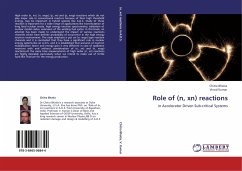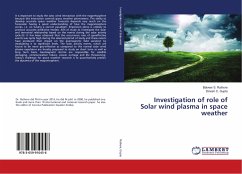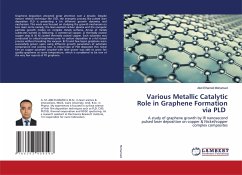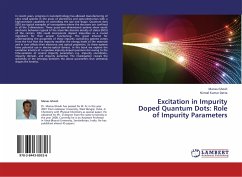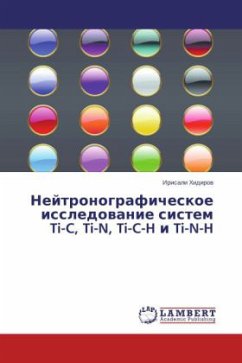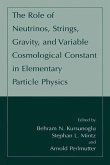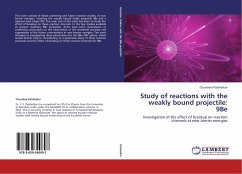High order (n, xn), (n, xnyp), (p, xn) and (p, xnyp) reactions which do not play major role in conventional reactors because of their high threshold energy, may be important in hybrid systems like A.D.S. Study of these reaction is important for a wide range of applications like transmutation of long lived nuclear waste, high energy neutron spectrometry, validation of nuclear model codes, extension of the existing fuel cycles. In this book, an attempt has been made to understand the impact of various reactions channels which have definite probability of occurrence in the high energy neutron environment. The main emphasis is put on (n, xnyp) type reaction channels and it is concluded that they have a significant role in nuclear energy systems like an A.D.S. and it is established that scenario of neutron multiplication factor and energy gain is very different in case of spallation neutrons with and without consideration of (n, xn) and (n, xnyp) reactions.At the same time measurements of high order (n, xn) reactions are highly desirable particularly when we intend to make use of fertile fuels like Thorium for the energy production.
Bitte wählen Sie Ihr Anliegen aus.
Rechnungen
Retourenschein anfordern
Bestellstatus
Storno

